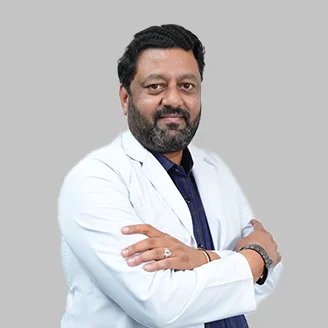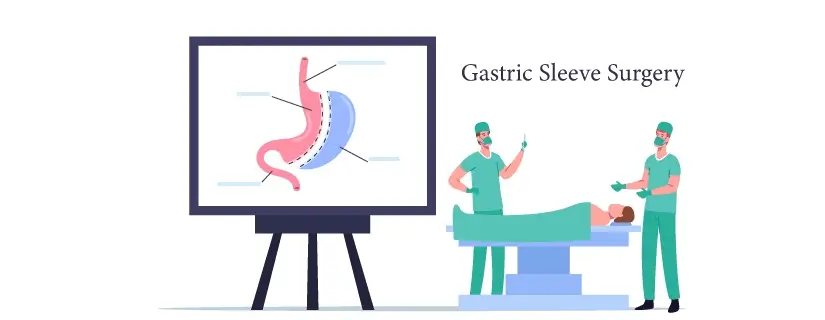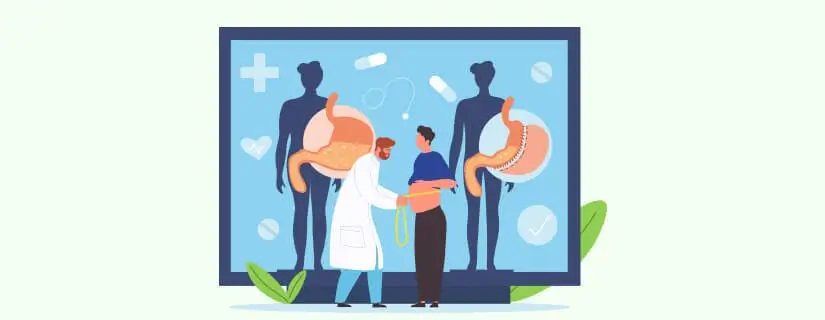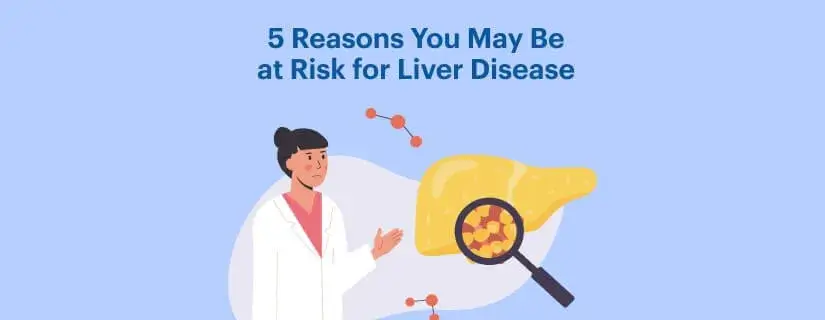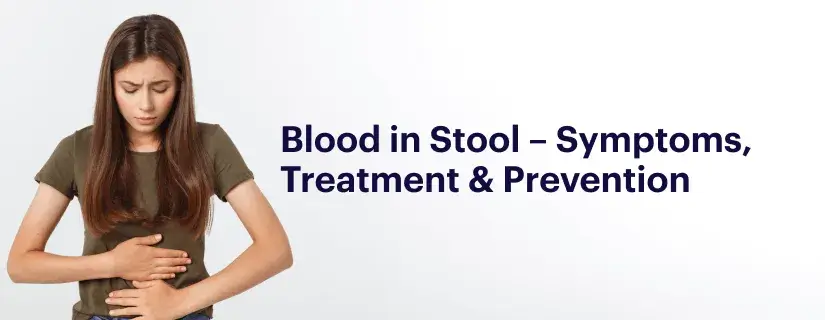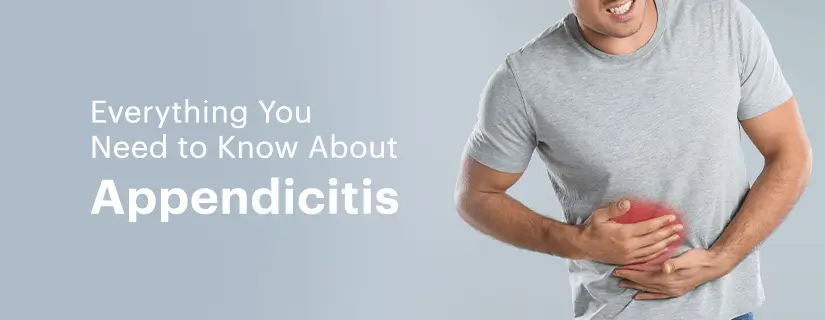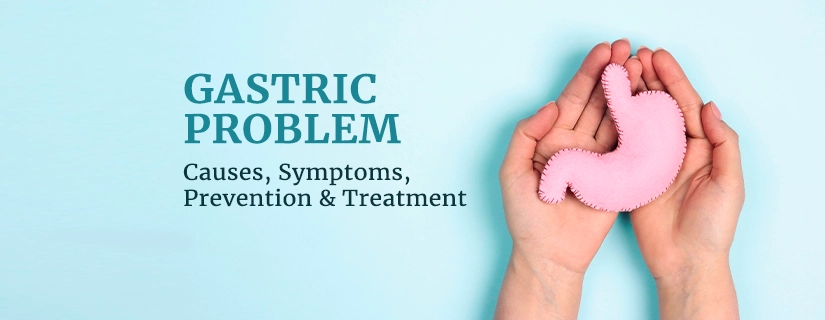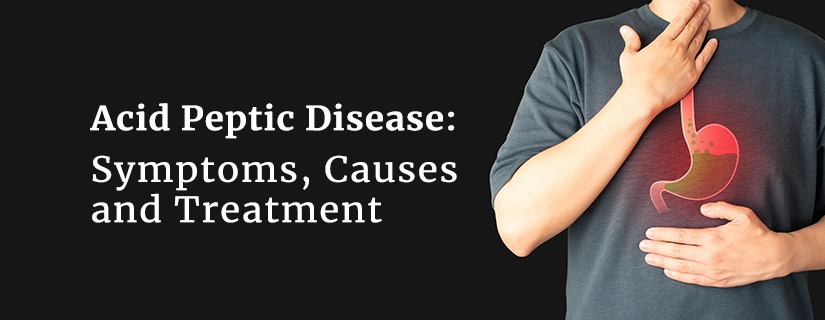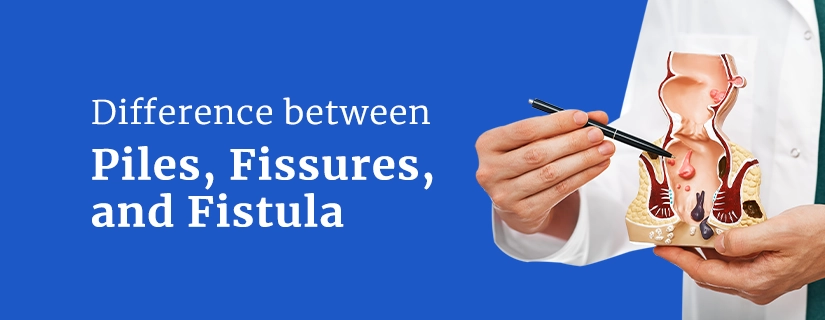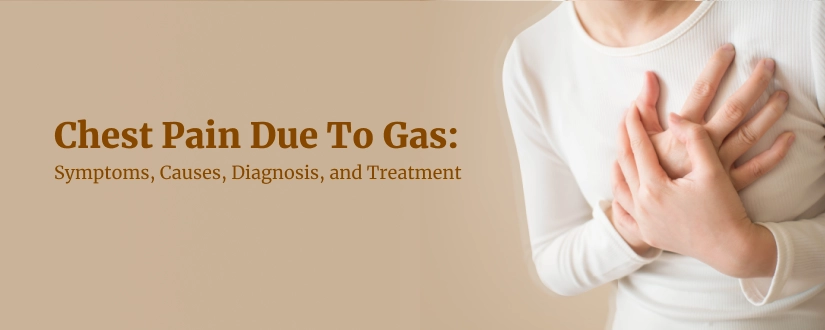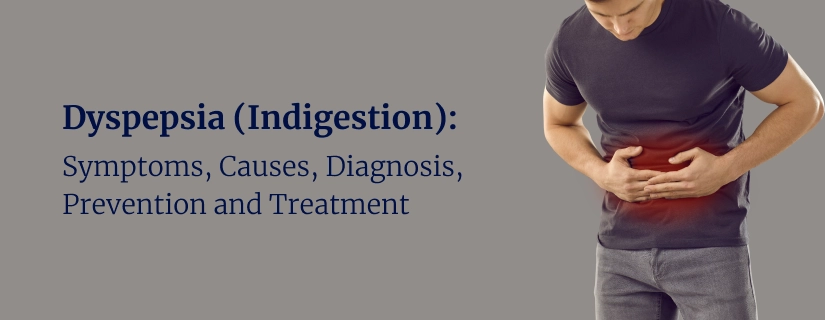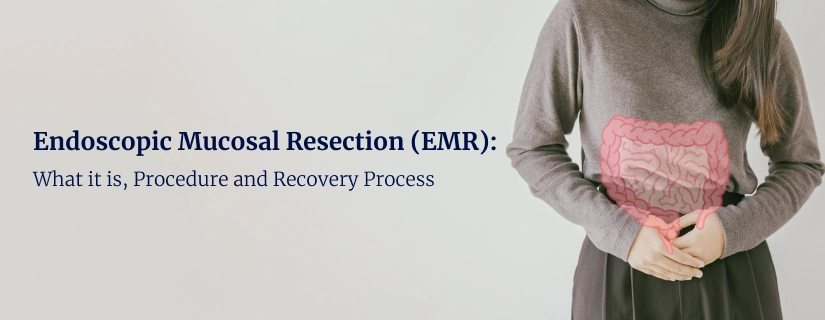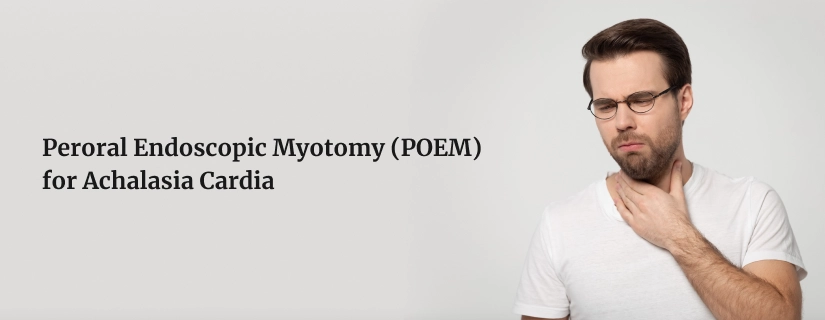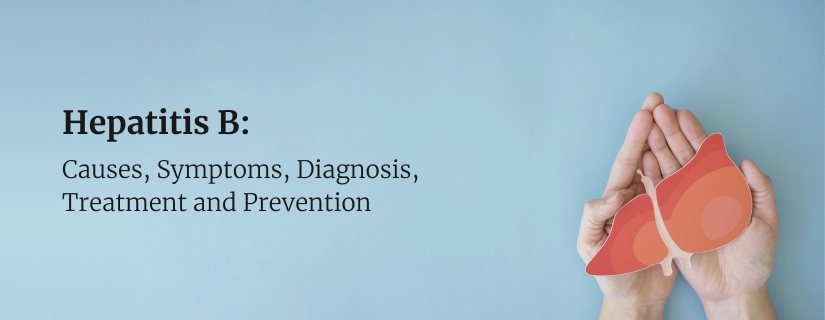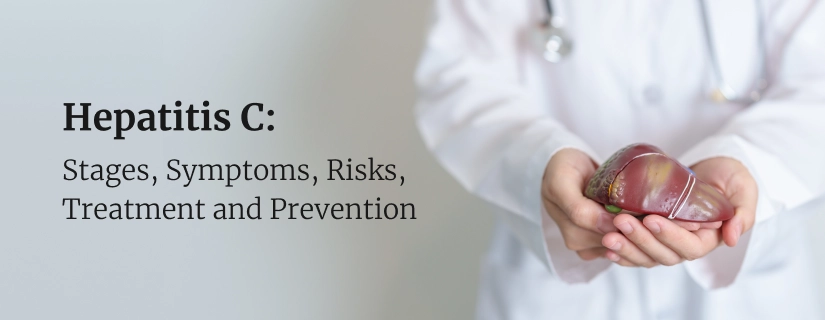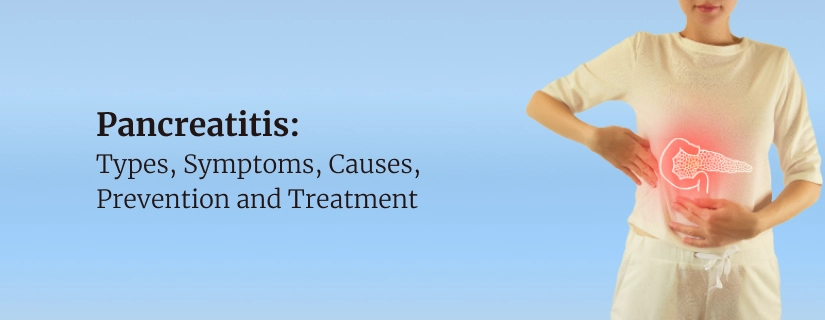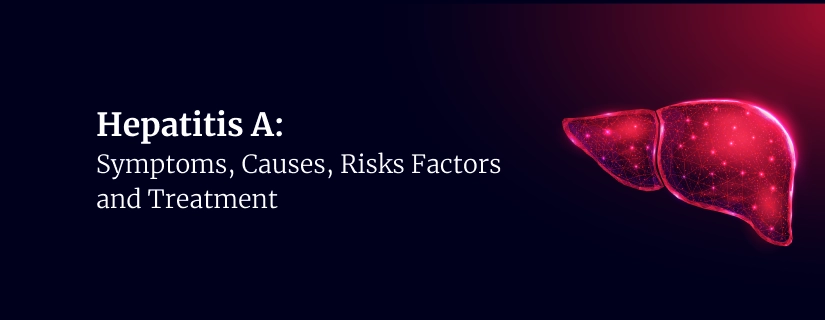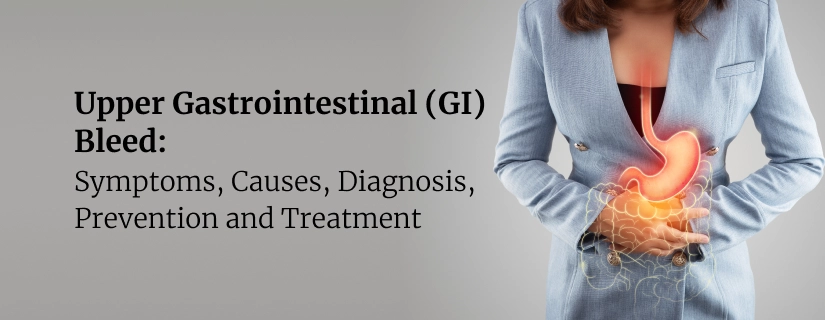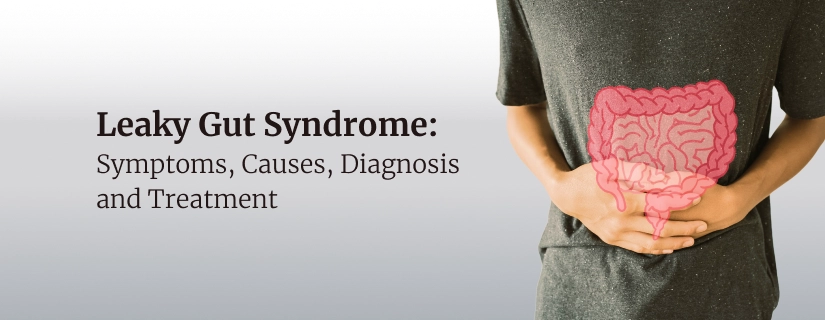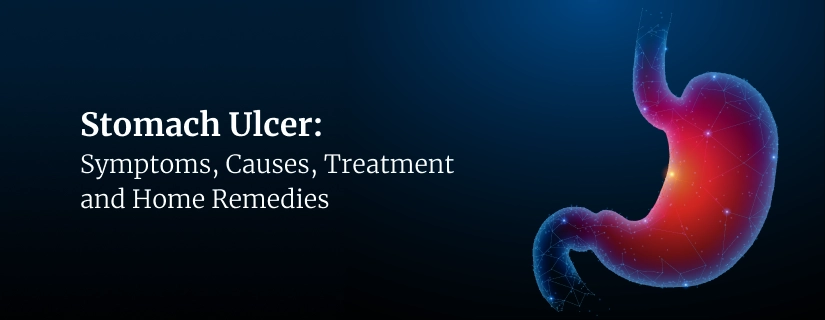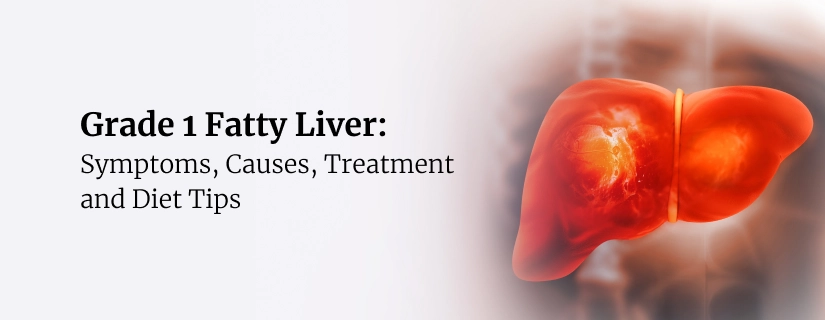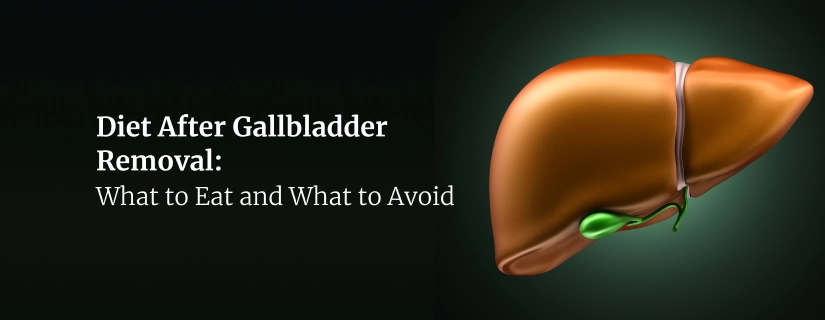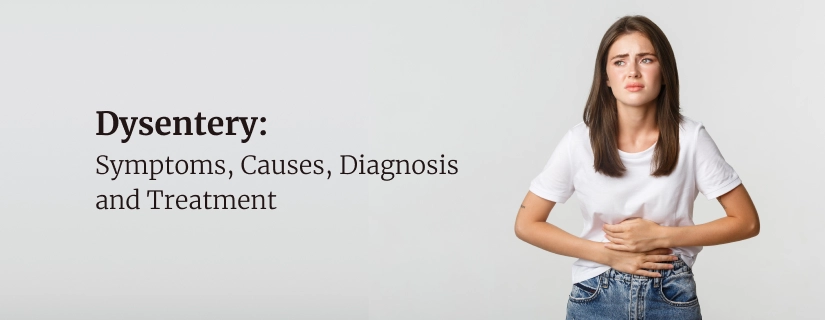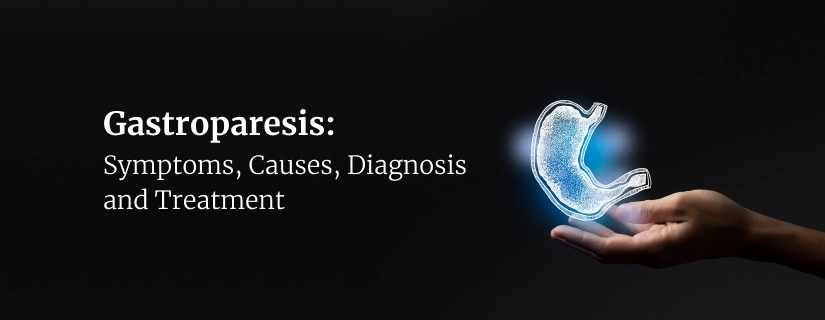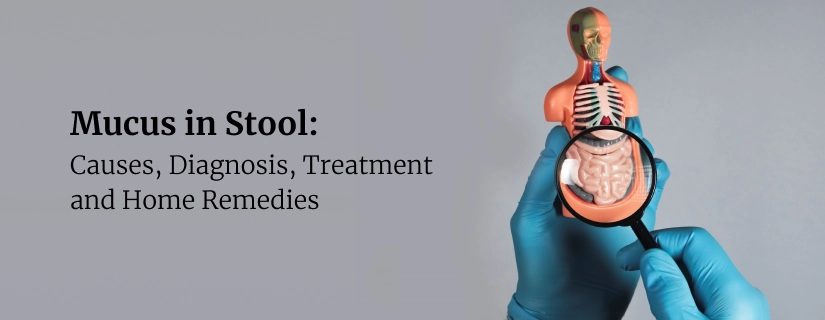-
Doctors
-
Specialities & Treatments
Centre of Excellence
Specialties
Treatments and Procedures
Hospitals & Directions HyderabadCARE Hospitals, Banjara Hills CARE Outpatient Centre, Banjara Hills CARE Hospitals, HITEC City CARE Hospitals, Nampally Gurunanak CARE Hospitals, Musheerabad CARE Hospitals Outpatient Centre, HITEC City CARE Hospitals, Malakpet
HyderabadCARE Hospitals, Banjara Hills CARE Outpatient Centre, Banjara Hills CARE Hospitals, HITEC City CARE Hospitals, Nampally Gurunanak CARE Hospitals, Musheerabad CARE Hospitals Outpatient Centre, HITEC City CARE Hospitals, Malakpet Raipur
Raipur
 Bhubaneswar
Bhubaneswar Visakhapatnam
Visakhapatnam
 Nagpur
Nagpur
 Indore
Indore
 Chh. Sambhajinagar
Chh. SambhajinagarClinics & Medical Centers
Book an AppointmentContact Us
Online Lab Reports
Book an Appointment
Consult Super-Specialist Doctors at CARE Hospitals
Dysphagia: Causes, Symptoms and Treatment
Updated on 30 January 2024
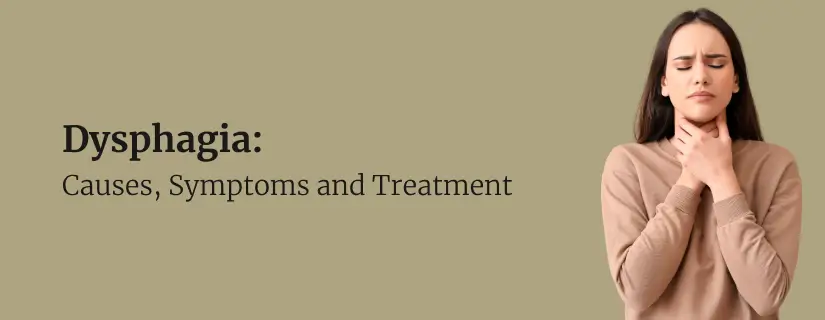
Dysphagia is a medical condition that can disrupt the complex, multistage process essential for safe, efficient swallowing. This informational article provides an overview of dysphagia, including common signs and symptoms individuals may experience.
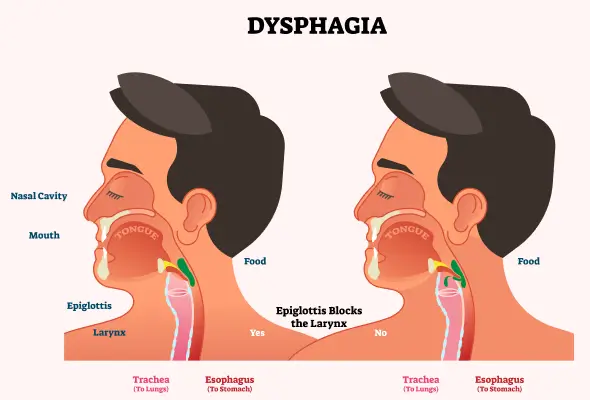
What is Dysphagia?
Dysphagia refers to difficulty or pain when attempting to swallow foods, liquids or saliva. It indicates a disrupted, complex, coordinated process requiring muscles and nerves to move material from the mouth to the stomach. Dysphagia cases range from mild difficulty initiating a swallow to extremely impaired ability to transport all solids and liquids.
- Dysphagia impedes the smooth transport of the food bolus from the oral cavity down through the pharynx (throat) and oesophagus into the stomach.
- This can result in signs of swallow dysfunction.
- Occasional minor difficulty swallowing generally does not indicate serious underlying disease on its own, especially if other likely factors like eating speed or food texture are present.
- However, chronic impaired ability to swallow safely over weeks to years may signify an underlying medical condition necessitating evaluation and tailored treatment from a gastroenterologists.
Types of Dysphagia
There are two primary classifications used for characterization of dysphagia:
1. Oropharyngeal Dysphagia: This subtype refers to difficulty initiating the swallow sequence and moving the food bolus from the mouth back into the pharynx (throat). Contributing factors include:
- Neurological conditions such as Parkinson's disease or stroke affect control signals
- Physical nerve damage from injury, surgery or radiation
- Muscle weakness prevents sufficient force generation
- Side effects of cancer treatments
2. Esophageal Dysphagia: This type indicates issues arising once the swallow attempt reaches the oesophagus phase of transit. Symptoms include food becoming stuck around the lower throat or chest areas. Causes can be:
- Scarring or narrowing of passageway tissue (strictures)
- Gastroesophageal reflux disease eroding lining
- Tumours obstructing flow
- Foreign objects lodged in the esophageal tunnel
Proper classification guides dysphagia examinations and management planning by allowing physicians to target the compromised stage(s) of the swallow sequence.
Causes of Dysphagia
There are several possible causes of impaired swallow function, including:
1. Neurological Conditions: Neurological diseases like stroke, Parkinson’s disease, multiple sclerosis or muscular dystrophy can all affect the nerves controlling the throat and oesophagus muscles. This leads to coordination difficulty in manipulating food properly and generating enough pressure to move it along.
2. Anatomical/Structural Changes: Structural abnormalities can obstruct or constrict the dysphagia victim’s throat or oesophagus, including:
- Scar tissue narrowing the passageway (called strictures or webs)
- Hiatal hernia displacing the stomach
- Diverticula, meaning out pocketing protruding into walls
- Esophageal cancer
Additional Factors:
- Various other factors may also contribute to swallow dysfunction, such as:
- Head and neck cancers or effects of related radiation/surgeries
- Foreign objects lodged in the throat or oesophagus
- Severe acid reflux disease slowly tightens the oesophagus
- Autoimmune conditions like scleroderma
- Certain medications like weakening muscles like sedatives,
- Infections such as oral thrush or abscesses
Identifying the unique cause allows customised management to relieve symptoms and improve function.
Symptoms of Dysphagia
Symptoms of trouble swallowing can vary depending on the type and cause of dysphagia but may include:
- Difficulty starting a swallow
- Pain when swallowing- odynophagia
- The feeling of something stuck in your chest or throat
- Drooling for food/ liquids leaking from the mouth
- Hoarse voice
- Bringing food back up to re-chew or re-swallow
- Coughing or gagging when swallowing
When to See a Doctor?
See your doctor if you regularly have trouble swallowing or if difficulty swallowing is accompanied by concerning symptoms like:
- Unexplained weight loss with dysphoria
- Vomiting after meals
- Choking sensations
- Chest pain
Seek emergency care right away if:
- A blockage makes it very difficult to breathe
- You are unable to swallow anything, including your own saliva
Treatment for Dysphagia
- Diet Alterations
- Modifying food textures and liquid thickness can make swallowing safer.
- Examples are soft or puréed foods that require less chewing strength.
- Medications: Medicines may help treat contributory factors, including antacids, muscle relaxants or pain relievers.
- Surgery Options: Surgeries to remove blockages, widen narrowed sections or alter anatomical defects often successfully improve the passage.
- Dilatation Procedure: Gastroenterologists can gently Dilate tight areas using dilator tubes passed through during endoscopy.
- Supplementary Feeding Assistance: When oral intake remains unsafe, liquid nutrition formulas can be delivered through a temporary feeding tube.
Along with the above treatment options, rehabilitative therapy is vital for facilitating long-term improvement.
Rehabilitation Therapy for Dysphagia
A Speech-Language Pathologist (SLP) is usually an integral part of dysphagia treatment. An SLP can evaluate your individual swallowing difficulties through an exam called a “Modified Barium Swallow Study”.
Based on those results, the SLP will work with you on a tailored rehab program involving safe swallowing techniques and special exercises, such as:
- Oral Motor Exercises: Using lips, tongue, and jaw to improve strength and coordination of swallowing muscles.
- Pharyngeal Exercises: Effortful swallowing, Mendelsohn manoeuvre to strengthen and protect the airway.
- Laryngeal Elevation: Head lifts to improve larynx movement.
- Chin Tucks: Bringing chin down during a swallow.
- Compensatory Techniques: Changing head position, pacing, swallowing between breaths.
With consistent practice of these techniques and targeted exercises, many people can achieve substantial improvement or even resolution of their dysphagia symptoms.
Conclusion
In summary, dysphagia is characterized by difficulty when attempting to swallow foods, liquids or saliva. This hugely impacts one's nutrition and ability to eat comfortably. Dysphagia has numerous potential causes, ranging from neurological disease to anatomical abnormalities causing obstruction.
While the quality of life with dysphagia becomes compromised, the condition can be improved or overcome through a combination of tailored medical treatments, dietary modifications, and swallow rehabilitation with a speech-language pathologist. Diagnosing dysphagia early and determining the underlying problem are crucial first steps.
FAQs
1. Can a person fully recover from dysphagia?
Many people achieve great improvement or near-complete resolution of chronic dysphagia through consistent treatment. Even some with permanent nerve damage regain functional swallowing ability over time.
2. What natural remedies help for dysphagia?
Some supplements like slippery elm may coat and soothe irritated tissues. Beverages like ginger or pineapple juice could reduce symptoms of related GERD/ reflux issues. However, dysphagia requires proper medical care.
3. What are the main types of dysphagia?
The major classifications are:
- Oropharyngeal (high) dysphagia
- Esophageal (low) dysphagia
- Functional/neurogenic dysphagia
- Anatomical/mechanical dysphagia
4. Is living with dysphagia manageable?
Yes, with medical and swallow therapy guidance tailored coping strategies - like dietary changes, special techniques and exercises - most people manage chronic dysphagia well and maintain a good quality of life long-term.
5. Who is most prone to dysphagia?
Those at highest risk include people over 50, stroke patients, people with conditions like neurological conditions, patients treated for head/neck cancers requiring surgery/radiation, and those born with anatomical defects affecting the upper digestive tract.
To Book an Appointment, call:
ENQUIRY FORM
SELECT CATEGORIES
-
Neurosciences (16)
-
Neurology (37)
-
Neurosurgery (14)
-
Orthopaedics (48)
-
Oncology (33)
-
Obstetrics and gynecology (51)
-
Pulmonology (23)
-
Urology (20)
-
Nephrology (13)
-
Psychiatry (7)
-
Dietetics and Nutrition (111)
-
General Medicine (63)
-
Cardiac Sciences (30)
-
Vascular & Endovascular Surgery and Interventional Radiology (10)
-
Gastroenterology (46)
-
Endocrinology (23)
-
Plastic Surgery (10)
-
Critical Care Medicine (5)
-
COVID-19 (16)
-
Dermatology (16)
-
Emergency Care (1)
-
Ophthalmology (4)
-
Pediatrics (14)
-
Laparoscopic and Bariatric Surgery (8)
-
ENT (15)
-
Kidney Transplant (1)
-
Liver Transplantation and Hepatobiliary Surgery (5)
-
General Surgery (3)
-
Internal Medicine (5)
-
Medicine Information
Peptic Ulcer Disease: Causes, Treatment and How To Prevent
Gastroesophageal Reflux Disease (GERD): Symptoms, Causes, Diagnosis and Treatment
YOU MAY ALSO LIKE
RECENT BLOGS
-

Direct Anterior Approach in Total Hip Replacement: Advantages and Challenges
10 April 2025
Read More
-

Zinc Deficiency: Signs and Symptoms, Causes, Treatment
9 April 2025
Read More
-

Chest Pain When Coughing: Causes, Treatment and Home Remedies
9 April 2025
Read More
-

12 Health Benefits of Eating Mushrooms
8 April 2025
Read More
-

7 Health Benefits of Blood Donation You Should Know About
8 April 2025
Read More
-

Implantation Bleeding Vs Periods: Know the Difference
28 February 2025
Read More
-

Bloating During Ovulation: Symptoms, Causes and Remedies
28 February 2025
Read More
-

Itching During Dengue: Causes, Treatment and Home Remedies
18 February 2025
Read More
Have a Question?
If you cannot find answers to your queries, please fill out the enquiry form or call the number below. We will contact you shortly.


